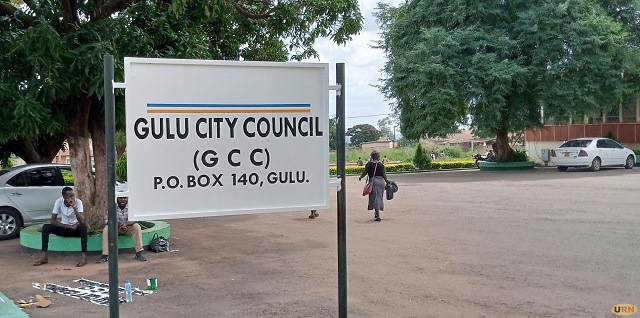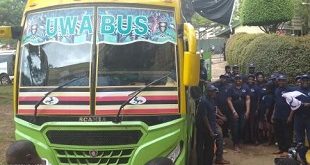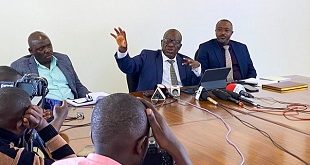
Gulu, Uganda | THE INDEPENDENT | For fear of delayed justice and reproach from tormentors, several torture victims in Acholi are silently enduring painful life experiences that resulted from encounters with cruel security personnel.
Many of them are victims of the high rate of crime, land evictions that involve influential state and non-state actors; electoral violence relating to recently concluded general elections and enforced Covid-19 pandemic curfew.
Fielder Akello, 48, a market vendor at Gulu Main Market and resident of Kirombe village in Gulu West Division was battered and injured on her way home by security personnel enforcing second lockdown curfew in July.
Akello, spent nearly a month nursing her clobbered right leg and was not able to provide for her four children resulting into emotional torture. She never bothered to report the case for fear of not being served justice.
One the fateful day, the same security personnel enforcing curfew rules in Kirome also brutalized Moses Laker Okot, 30. Laker, a political activist and law student at Gulu University reported the matter to police but to date, people who witnessed his brutalisation declined to record statements.
Justin Komakech, a resident of Amuru District was brutally arrested in August, and later tortured by Environment Police personnel after he recorded a phone video of the officers extorting money from a charcoal dealer in a truck.
The officers forced Komakech to write an apology prompting the intervention of Amuru District leaders. He later reported the matter to the Police Professional Standard Unit in Gulu City, but to-date his tormentors are still at large, yet some witnesses declined to record statements.
Such delays and failures to dispense justice to victims has forced Ugandans remain silent. Alex Kigoye, the Program Manager at the African Centre for Treatment and Rehabilitation of Torture Victims – ACTV said many such survivors prefer silence denying access to treatment and justice.
According to Leila Wakabi Hassan, a Mental Health Coordinator at ACTV, the long-term physical and psychological problems reported by survivors of torture include trauma, anxiety, depression, health and pain that are very frequent.
Meanwhile, Samuel Herbert Nsubuga, the Executive Director of the centre asserted that the absence of a witness protection law in the country remains a hindrance to dispensing justice to survivors of torture but urged torture victims to always seek justice through ACTV.
Statistics available indicate that annually, ACTV receives at least 1,000 cases of torture cases of which 30 per cent are from refugee settlements across the country.
Between 2016 and 2020, the centre recorded up to 6, 230 cases of torture, with up to 2020 cases registered in 2019.
The prohibition of torture and other cruel, inhuman and ill treatment or punishment has a legal recognition in Uganda because the country is party to many international and regional instruments which prohibit acts of torture and provide safeguards to its people.
However, some rights activists argue that torture continues to persist because the government has not fulfilled commitment to undertake impartial and independent investigations into allegations of torture and ill treatment with a view to bringing perpetrators to justice.
*****
URN
 The Independent Uganda: You get the Truth we Pay the Price
The Independent Uganda: You get the Truth we Pay the Price


